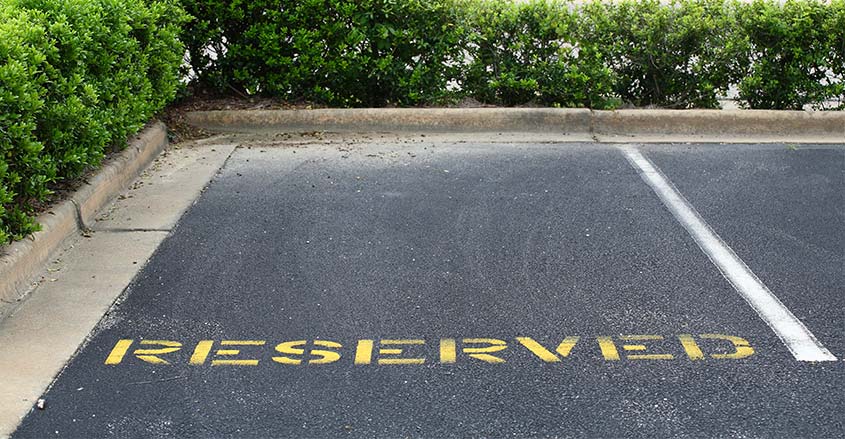The average driver in New York City pays more than $5,400 a year for parking, while the average for other major cities was between $2,000 to $3,000.
Sound like a lot? Try San Francisco.
A San Francisco Bay Area realtor named Bill Williams is selling a parking space in a parking garage connected to a condo in the city’s high-end South Beach neighborhood.
Williams’s asking price is $100,000. The owners of the premium spot pay $300 monthly and they are moving to New York soon, so they want to sell the parking spot outright.
INRIX, a consulting company, said that San Francisco, along with having high cost of living expenses, has the third-worst parking space availability issues in the country.
Drivers here spend over 83 hours annually looking for a parking spot. These factors help account for the high asking price.
Premium parking
There are more premium parking spots outside of San Francisco.
A parking spot in Brooklyn, New York was bought for $300,000 in 2017. Another parking spot sold for $970,000 in 2019.
This was usually done to avoid parking tickets, costing about $12 annually.
INRIX reported that the average American driver wasted $345 in fuel and work hours by aimless driving around and waiting in traffic to look for favored parking spots.
Drivers will irrationally, and sometimes unwittingly, waste money in the hope of finding prime parking spots. Many drivers pay plenty for parking garage spots.
Most drivers don’t appreciate the associated costs that come with owning and operating a car besides just parking. The average price of a car in 2019 was almost $36,700.
Most driver pay over $10,000 in indirect and direct costs related to operational and maintenance costs. These include:
- Gas
- Insurance
- Maintenance and repairs
- Parking costs
- Parking fines
- Overpayments
- Cost of wasted time in traffic and looking for parking spots
Such costs can account for 45% of all car-related costs for the lifetime of car ownership.
According to INRIX, a company that studies traffic patterns in the United States estimated that the average driver overpaid parking meters, buying more time than they needed by $97 in 2017.


